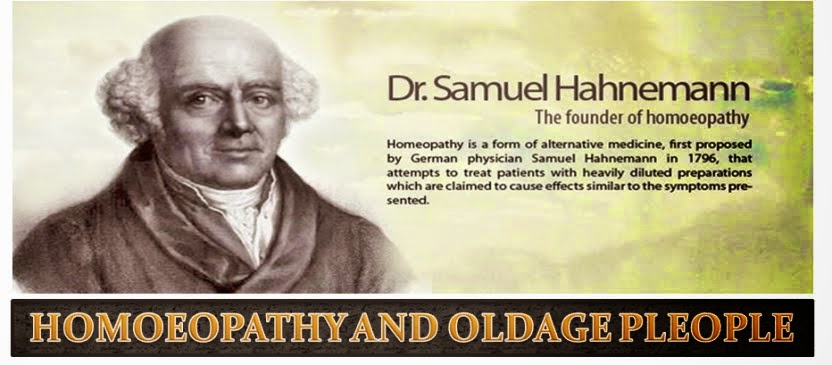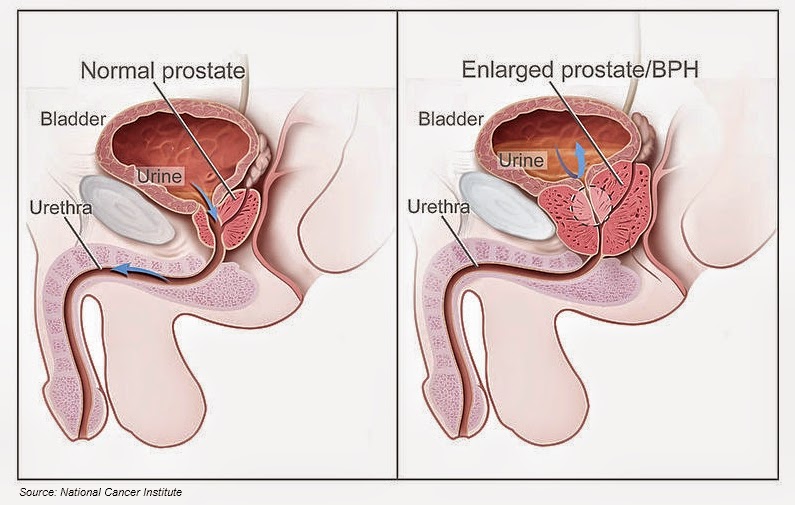A condition in which there is difficulty in emptying the bowels, usually
associated with hardened feces. Infrequent stools (or) hard stools.
Causes
 |
| CONSTIPATION |
- Eating large amounts of dairy productspoor bowel habits
- low fiber diets,
- abuse of laxatives
- hormonal disorders
- slow passage of digesting food through any part of the intestine
- Stress
- Neurological conditions such as Parkinson's disease or multiple sclerosis
- Antacid medicines containing calcium or aluminum
- Depression
- Eating disorders
- Inadequate activity or exercise or immobility
- Medicines:- Pain medications, antacids that contain aluminum, antispasmodics, antidepressants, iron tablets, cough medicines which contain codeine, diuretics, and anticonvulsants for epilepsy can slow passage of bowel movements. Lack of physical work can lead to constipation.
- Irritable Bowel Syndrome (IBS):- Is one of the most common causes of constipation. Some people develop spasms of the colon that delay the speed with which the contents of the intestine move through the digestive tract, leading to constipation.
Signs
and symptoms
- Infrequent bowel movements and/or difficulty having bowel movements
- Swollen abdomen or abdominal pain
- Pain
- Vomiting
Homoeopathy Treatment
for Constipation in Older people
- Sulpher
- Bryonia
- Nux-Vomica
- Calcarea carbonica
- Causticum
- Graphites
- Lycopodium
- Sepia
 |
| HOMOEOPATHY TREATMENT FOR CONSTIPATION |
Management
- A balanced diet with loads of fibre, fruits and vegetables along with the regular intake of 8 glasses of water a day and moderate exercises can do wonders to manage the condition.
Prevention
- Exercise regularly.
- Move your bowels when you feel the urge.
- Drink 1 1/2 to 2 quarts of water and other fluids a day (unless fluid restricted for another medical condition). Liquids that contain caffeine, such as coffee and soft drinks, seem to have a dehydrating effect and may need to be avoided until your bowel habits return to normal. Some people may need to avoid milk, as dairy products may be constipating for them.
- Eat a well-balanced diet with plenty of fiber. Good sources of fiber are fruits, vegetables, legumes, and whole-grain bread and cereal (especially bran). Fiber and water help the colon pass stool.
Note:
Homeopathic Treatment requires stringent individualization. Please do not take any medicine without consulting your Homeopathic Physician.
Homeopathic Treatment requires stringent individualization. Please do not take any medicine without consulting your Homeopathic Physician.







.jpg)









.jpg)












